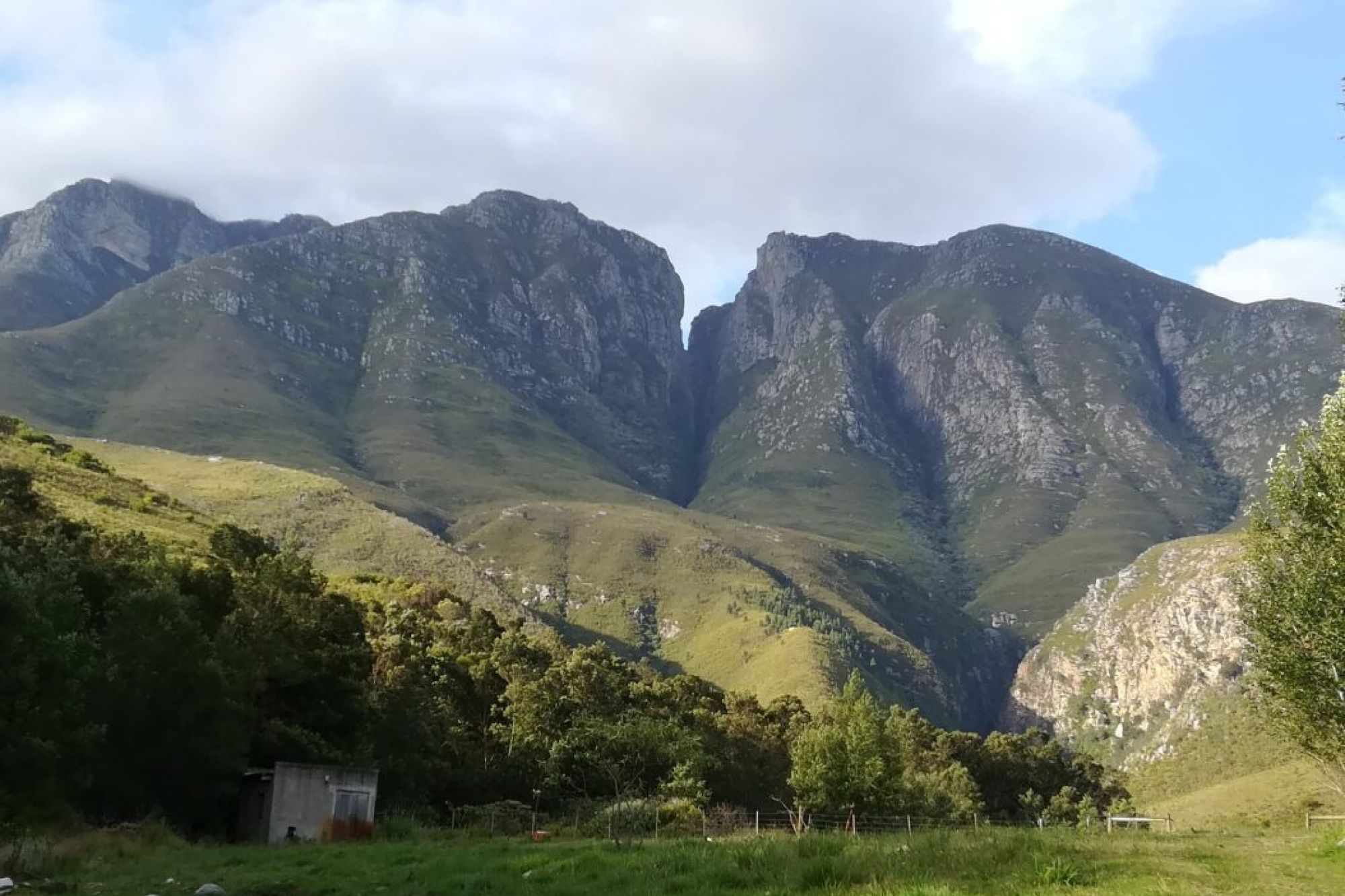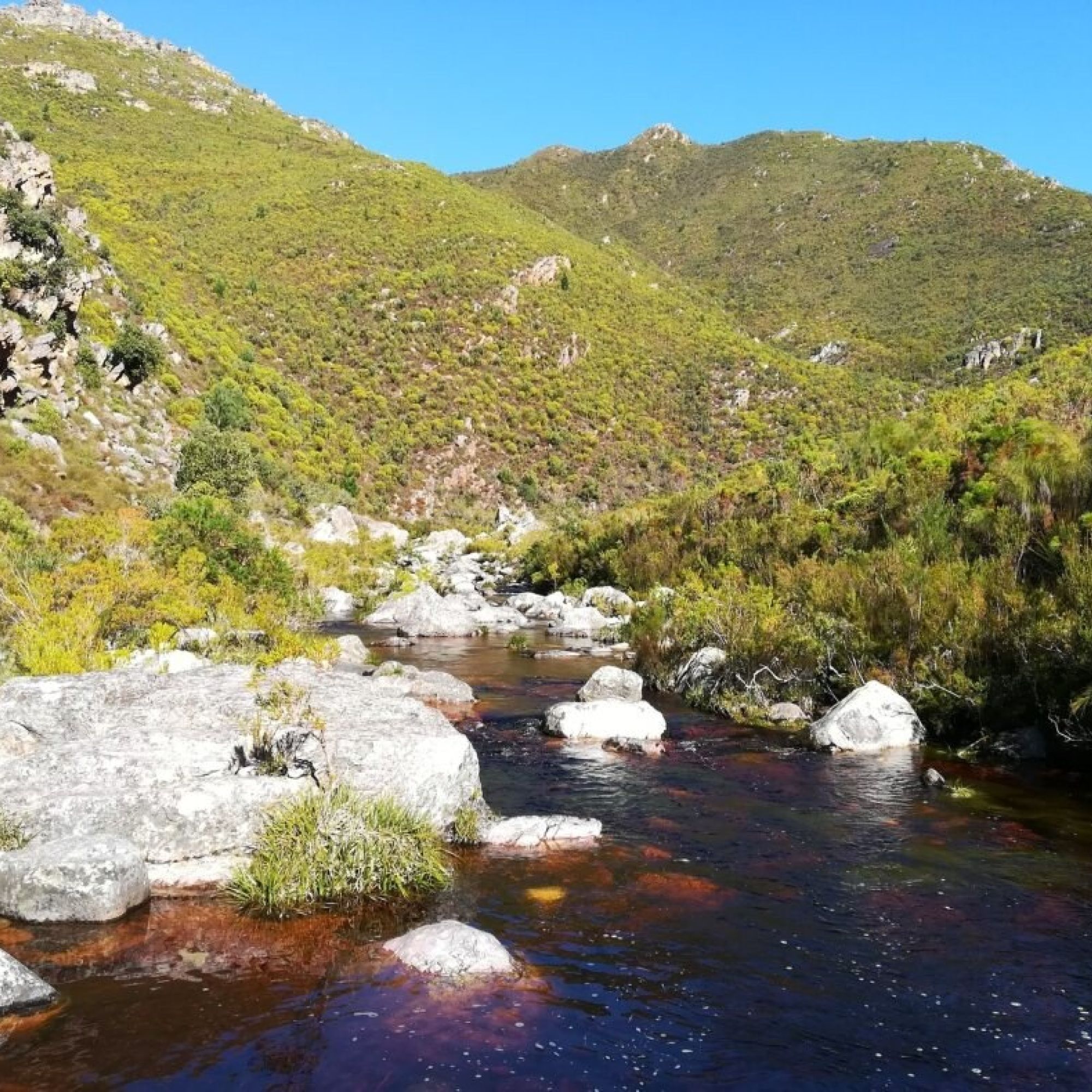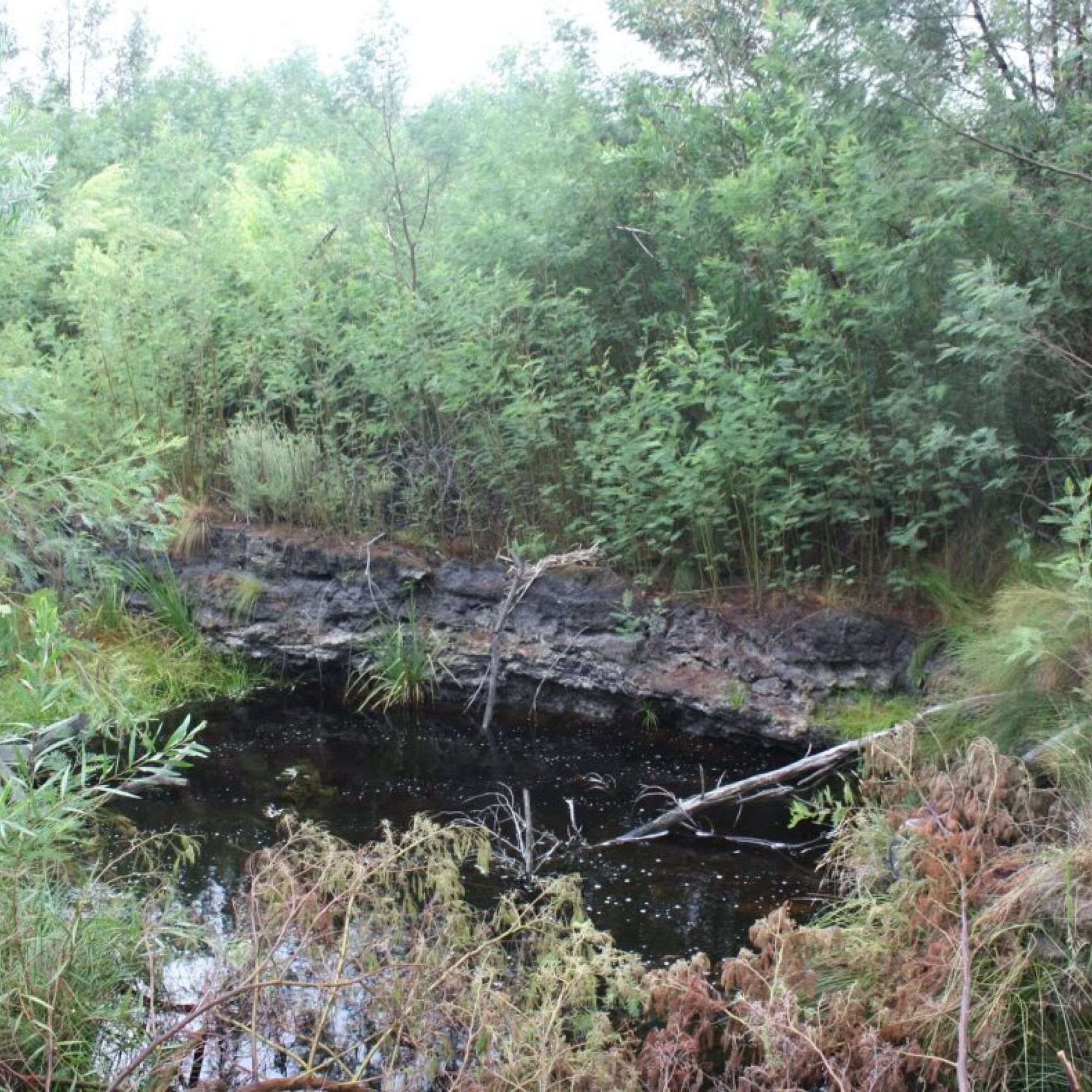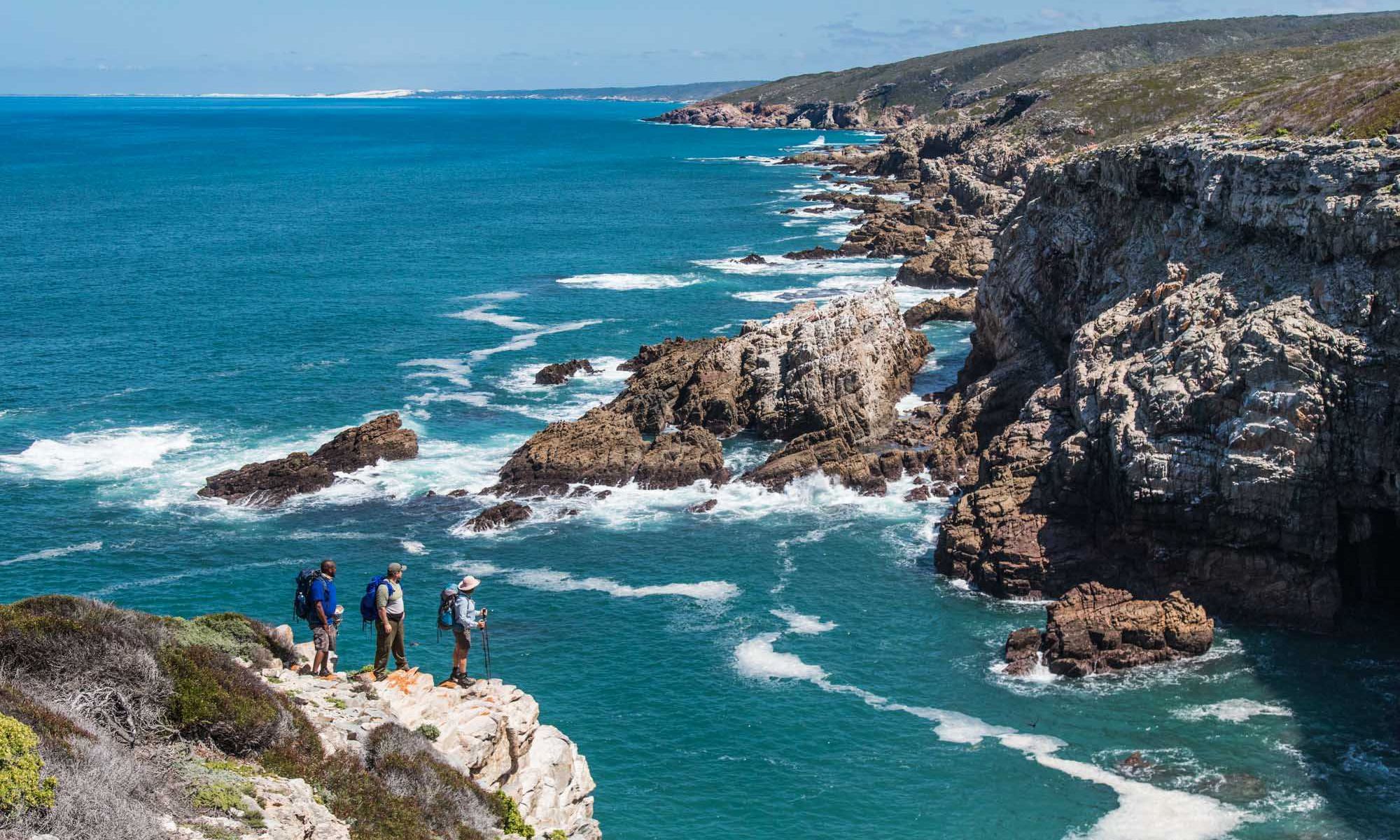
Safeguarding Ecological Infrastructure Against Invasive Alien Plant Species
Invasive alien plant species are one of the main causes of biodiversity loss and threaten many indigenous species. To address this issue, government laws, specifically the Conservation of Agricultural Resources Act 43 of 1983 (Act NO. 43 of 1983) and the National Environmental Management: Biodiversity Act, 2004 (Act NO. 10 of 2004), legally obligate landowners to monitor, control, and eradicate alien invasive plants. Many non-indigenous plants thrive outside of their natural habitat due to the absence of natural enemies and competition, altering ecosystems, endangering indigenous biodiversity, and even impacting human well-being.
Approximately 7% of South Africa is covered by invasive alien plants, with the Western Cape province being affected the worst. Invasive alien plants out-compete indigenous vegetation, and this can disrupt ecological infrastructure. The term ecological infrastructure refers to semi-natural or natural structural elements of landscapes and ecosystems, as depicted in Photo 1. Indigenous vegetation provides valuable services to wildlife, prevents soil erosion, and maintains water quality and quantity.
Strategic Water Source Areas are important for water security, contributing 50% of South Africa’s surface water. A total of 22 surface water Strategic Water Source Areas are identified as nationally important, and six of these are entirely located within the Western Cape and a further two are partly located in the Western Cape. CapeNature manages parts of five of these surface water Strategic Water Source areas. The presence of invasive alien plants in Strategic Water Source Areas threatens Western Cape’s water security by depleting both water volume and quality through high water consumption, contributing to fire fuel loads, and resulting in sediment buildup, as depicted in Photo 3.
To safeguard these areas, CapeNature prioritizes restoring and maintaining ecological infrastructure, particularly in mountain catchments that are also Strategic Water Source Areas. As highlighted in the CapeNature Annual Report of 2021/2022, collaboration with the World Wildlife Fund South Africa, Working on Fire High Altitude Teams, and The Nature Conservancy of South Africa resulted in the successful clearing of 54,300ha of invasive alien plants in high-priority catchments within Strategic Water Source areas under CapeNature’s jurisdiction.
Overall, monitoring, controlling, and eradicating invasive alien plants remains of the utmost importance to maintain the integrity of ecological infrastructure, thereby securing water resources for the people of the Western Cape.

Section of the mountain catchment area included in the Marloth Nature Reserve. Mountain catchments are examples of important ecological infrastructure regarding water security.

Upstream view onto the upper Sonderend River, and part of its mountain catchment area, that eventually feeds into the Theewaterkloof dam. This catchment forms part of the national Boland surface and groundwater Strategic Water Source Areas.

A view onto a section of the Vyeboom wetland, which is also part of the upper Sonderend River system that feeds into the Theewaterskloof dam. Here depicted is Black Wattle infestation and associated erosion.
Related News
How can I assist you today?
How can I assist you today?




